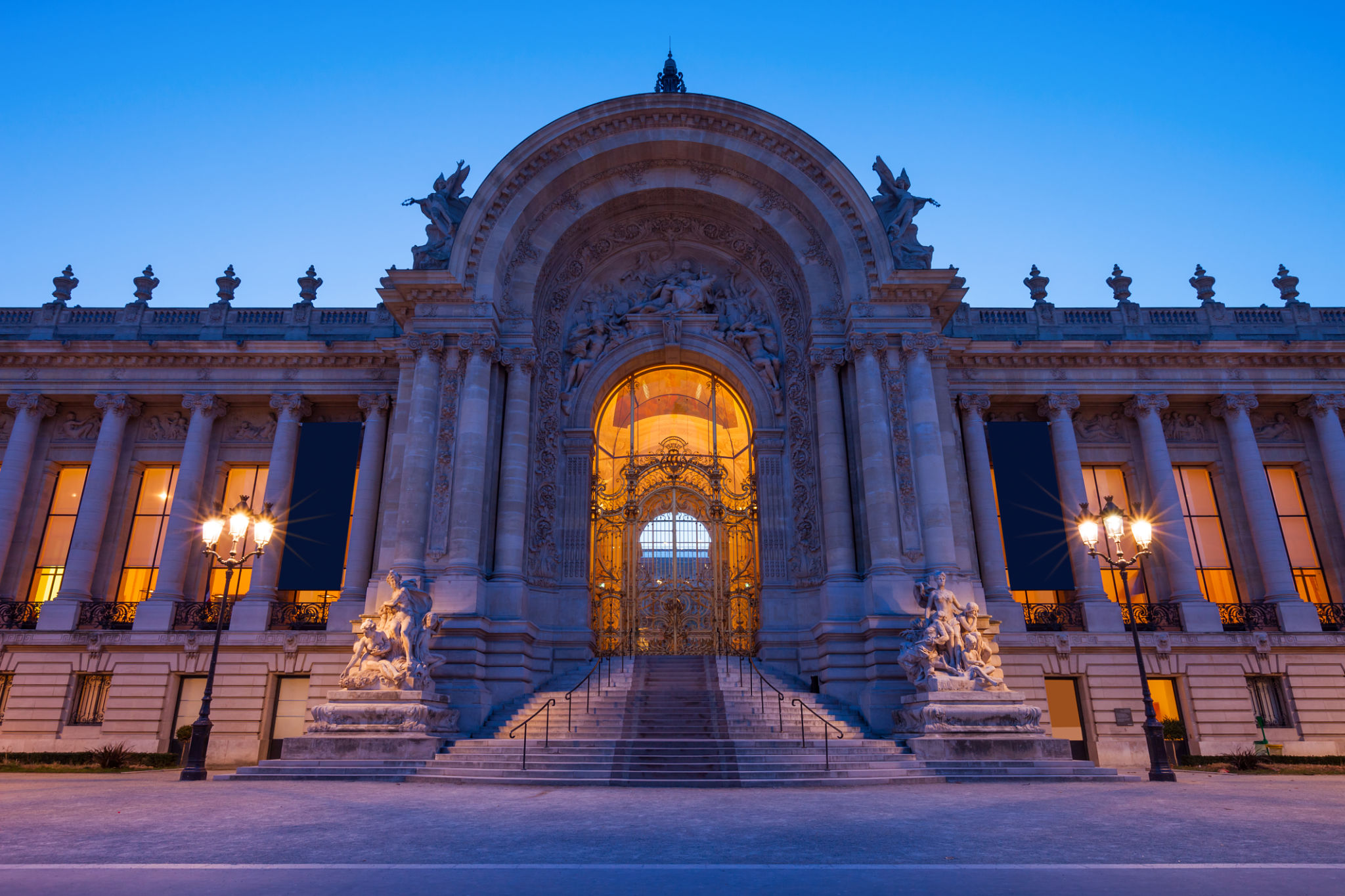How to Prepare for a Successful Art Exhibition in France
Understanding the French Art Scene
Preparing for an art exhibition in France requires a deep understanding of the local art scene. France, known for its rich artistic history, offers a diverse and vibrant environment for artists. Familiarizing yourself with the cultural nuances and preferences of the French audience can significantly enhance your exhibition's success. Research current trends, popular galleries, and exhibition spaces to align your work with market expectations.

Setting Clear Goals
Before diving into logistics, set clear objectives for your exhibition. Are you aiming to sell artworks, gain exposure, or network with other artists and collectors? Defining these goals will guide your planning process and help you measure the success of your exhibition. Additionally, consider your target audience and tailor your exhibition to appeal to them. Whether it’s attracting art critics or engaging with potential buyers, having a focused approach will yield better results.
Selecting the Right Venue
Choosing the right venue is crucial for a successful art exhibition in France. Consider factors such as location, size, and the type of visitors the venue attracts. Paris, being a hub for art lovers, offers numerous prestigious galleries, while other cities like Lyon and Marseille also boast thriving art communities. Ensure the venue aligns with the style and theme of your artwork to create a cohesive experience for visitors.

Curating Your Artwork
Curating your artwork effectively is vital to making a strong impression. Select pieces that are not only compelling individually but also work well together as a collection. The flow and arrangement of your artwork should tell a story or convey a theme. Pay attention to the lighting and display techniques to enhance the visual impact of each piece. Seeking feedback from fellow artists or curators can provide valuable insights into refining your selection.
Marketing Your Exhibition
Effective marketing is essential for drawing attention to your exhibition. Utilize both traditional and digital marketing strategies to reach a wider audience. Create engaging content on social media platforms, collaborate with influencers in the art world, and consider sending press releases to relevant publications. Offering sneak peeks or behind-the-scenes content can generate excitement and anticipation among potential visitors.

Networking with Local Artists and Collectors
Building relationships with local artists and collectors can provide invaluable support for your exhibition. Attend local art events, participate in community discussions, and engage with art enthusiasts both online and offline. Networking not only helps in spreading the word about your exhibition but also opens doors for future collaborations and opportunities in the French art scene.
Logistical Considerations
Ensure all logistical aspects are meticulously planned. This includes arranging transportation for your artwork, securing insurance, and managing installation details. Be mindful of any permits or regulations specific to exhibitions in France. Having a dedicated team or hiring local experts can alleviate stress and ensure that everything runs smoothly on the day of your event.
Engaging Visitors During the Exhibition
During the exhibition, focus on engaging with visitors to leave a lasting impression. Provide informative labels or guides that offer insight into your artwork’s inspiration and creation process. Consider hosting interactive sessions or artist talks to foster a deeper connection with your audience. Personal interactions can enhance visitors' experience and increase their appreciation for your work.

Post-Exhibition Follow-Up
After the exhibition concludes, follow up with attendees and contacts made during the event. Send thank-you notes to those who supported your exhibition and inquire about their experience. Gathering feedback can provide valuable insights for future exhibitions. Additionally, maintain communication with potential buyers and collaborators to nurture relationships that could lead to future opportunities.